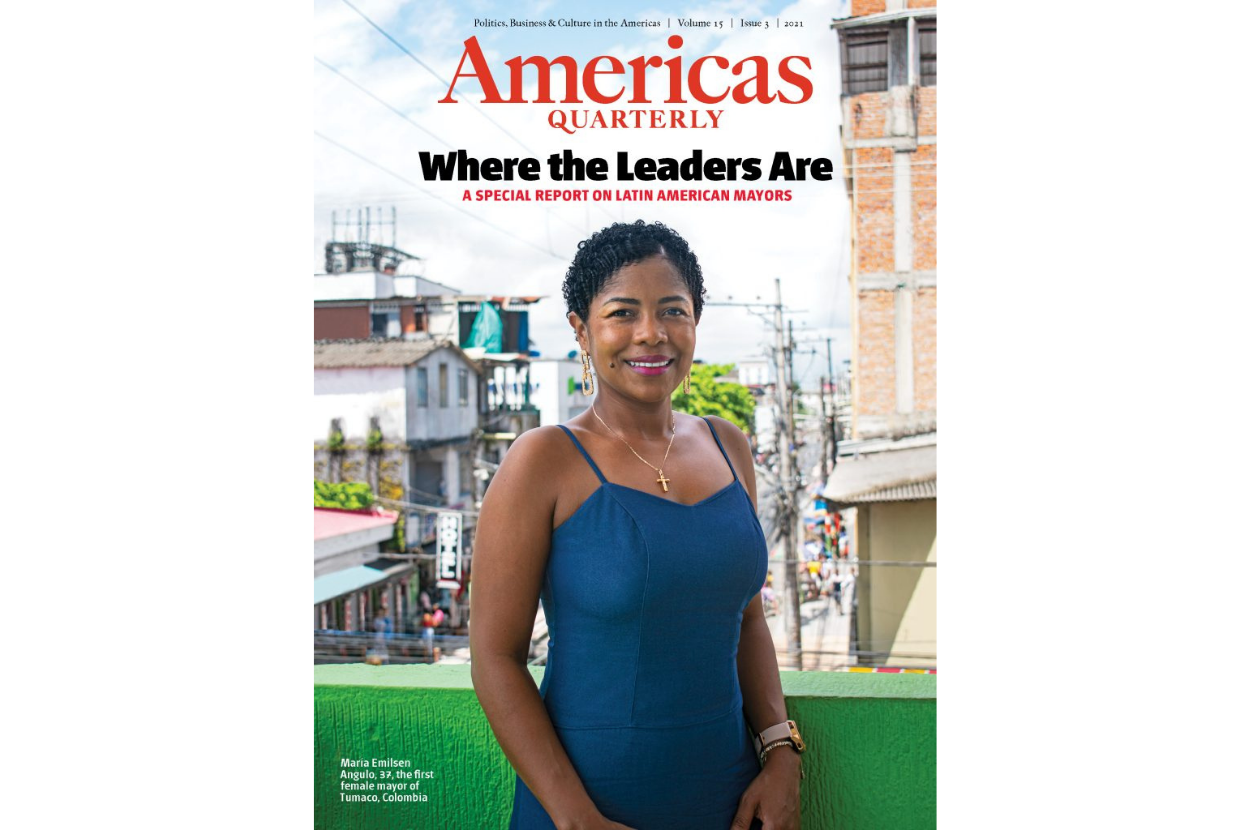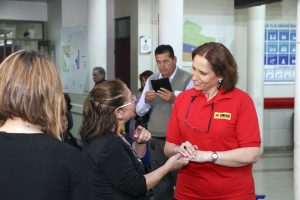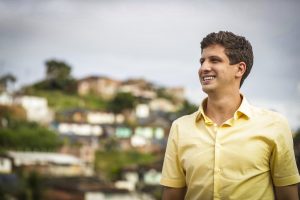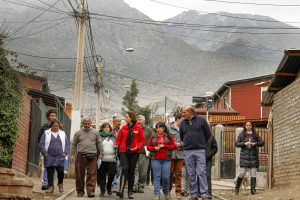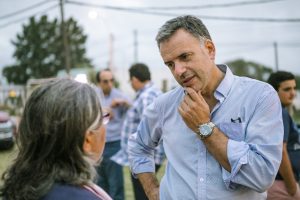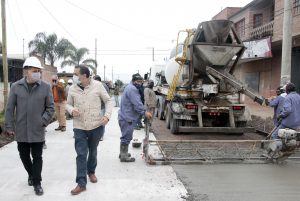This article is part of AQ’s special report on Latin American mayors | Leer en español | Ler em português
Exactly 50 years ago, while accepting his Nobel Prize for literature in Stockholm, the Chilean poet Pablo Neruda concluded his speech on a hopeful, even utopian note. “Only with a burning patience can we conquer the splendid city which will give light, justice and dignity to all mankind,” Neruda said. “In this way, the song will not have been sung in vain.”
Such soaring language seems entirely out of place in today’s Americas, as many countries continue to struggle with the pandemic and a halting, unequal economic recovery. Many of the region’s presidents seem distracted by ideological wars, real or imagined, or simply incapable of rising to the moment. One could be forgiven for concluding that none of today’s politicians are suited for the numerous post-COVID challenges ahead.
But that conclusion would be wrong. In this special report, we take a closer look at Latin America’s mayors, many of whom are solving real-life problems while nudging the region down the arduous road to recovery. While Neruda’s vision of a “splendid city” seems distant, the mayors we highlight here are stimulating job creation and investment, including long-marginalized populations in decision-making and, in some cases, successfully pushing back against the anti-democratic tide rising in so much of the Western world.
Why are many mayors succeeding? There are common lessons.
The first is that mayors simply seem too busy to engage with the cultural issues that so animate many national leaders. This was clearly true during the pandemic, as mayors adapted public spaces to set up temporary hospitals, built new bike paths and did their best to get schools back open safely. The second is a penchant for long-term thinking: Many of the mayors profiled here seem to perceive themselves as temporary custodians of a multi-decade project, as opposed to aspiring messiahs intent on tearing down the work of their predecessors (or building their own 50-year reign). Finally, the nature of the work keeps mayors in close personal contact with their constituents, unlike the bubble that envelops so many presidents.
It’s too early to know what the long-term effects of the pandemic will be on the functioning of Latin America’s cities. But in the world’s most urbanized region (with 80% of the population living in cities), it’s clear that the quest for “light, justice and dignity,” to use Neruda’s phase, will continue to fall largely to mayors. And that is a welcome slice of good news.


